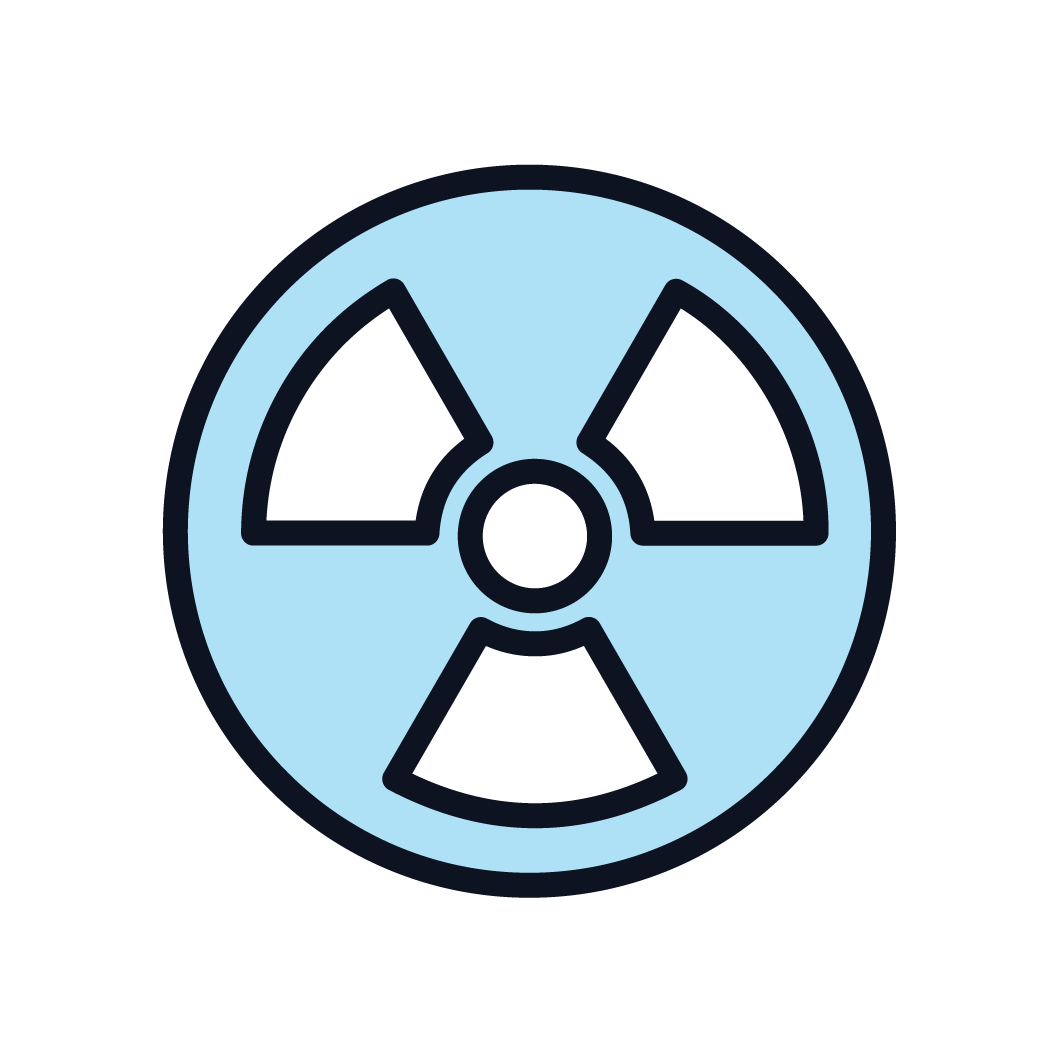
Gemzar (Gemcitabine) is a chemotherapy drug that stops cancer tumors like mesothelioma from spreading and growing to other parts of the body.
Also known by gemcitabine, this medication is a type of chemotherapy doctors can administer to cancer patients. This drug can treat a variety of cancers, such as mesothelioma, where tumors affect the lining of the lungs, abdomen, or heart. However, Gemzar is only used to treat the type where tumors affect the lining of the lungs, primarily known as pleural mesothelioma. It can be used alone or in combination with other types of cancer treatments, such as surgery or targeted therapy.
One of the primary functions of Gemzar is its ability to destroy quickly dividing cells, such as cancerous ones, since unhealthy tumors tend to divide uncontrollably. A medical professional will administer the drug intravenously (through the vein) in 30-minute increments. A nurse puts a small tube into one of your veins and connects the drip.
Treatments are generally once a week for about 2 or 3 weeks before going a week or two without treatment to allow the body time to recover. Depending on your stage of mesothelioma, the number of times you’ll need to come back for treatment will vary. Only your doctor can give you the exact details of your cancer treatment plan since every patient’s situation is different.

As with most medications, there are always side-effects that come attached. As long as you follow directions from your doctor and report back any issues or irregularities you may notice, side effects are manageable. Additionally, your doctor can prescribe other medications to help with most side-effects.
It’s also important to note that not everyone experiences side-effects the same. This factor relies on what other medications or treatments are being used in conjunction with the patient’s health. Some patients may experience fewer side-effects compared to others. Issues Gemcitabine can cause include:
More rarely, this medication can negatively affect the liver, kidneys, or lungs. Reach out to your primary medical center and doctor immediately if you have any issues with stomach pain, dark urine, yellow skin or eyes, less urinating, quick weight gain, shortness of breath, wheezing or coughing.

Make sure you tell your doctor about all drugs or medications you’re currently taking. If you’ve undergone radiation treatment, you may not be able to have gemcitabine in your system, as both treatments together can cause adverse effects. Make sure to keep your doctor informed on any other supplements or vitamins you’re taking as well.

There are a few essential details for men and women to keep in mind when taking Gemzar.
If you’re a female taking the medication: Make sure you’re taking birth control, not pregnant or breastfeeding if you plan on taking this medication. It’s incredibly harmful to babies and unborn fetuses. Additionally, you may not be able to become pregnant after being treated with Gemzar.
If you’re a male taking the medication: There’s a chance some men could become infertile after undergoing this type of chemotherapy. Regardless, effective birth control must still be used as far as 3 months after treatment has already ended.
If you have pleural mesothelioma or other cancer that you feel could be treated with Gemzar, talk to your doctor about it. They’ll be able to administer tests that will enable them to efficiently plan your course of treatment.
Jennifer Verta thrives as a digital content writer at Mesothelioma Hub. She has been producing content for clients since before she graduated from the University of Colorado at Denver with a Bachelor of Arts in Communication and a Minor in English Writing. Jen’s mission is to help promote awareness of mesothelioma to as many people as possible by providing only the most up-to-date and accurate content available. When she isn’t cranking the gears at work, Jen can be found snowboarding, hiking, catching live music, or socializing with friends.
CancerresearchUK. (2020). Gemcitabine (Gemzar). Retrieved on March 25th, 2020 from https://cancerresearchuk.org/about-cancer/cancer-in-general/treatment/cancer-drugs/drugs/gemcitabine
Chemocare. (2020). Gemzar. Retrieved on March 25th, 2020 from https://chemocare.com/chemotherapy/drug-info/gemzar.aspx
Drugs. (2020). Gemzar. Retrieved on March 25th, 2020 from https://drugs.com/gemzar.html
Oncolink. (2019). Gemcitabine (Gemzar). Retrieved on March 25th, 2020 from https://oncolink.org/cancer-treatment/oncolink-rx/gemcitabine-gemzar-r
WebMD. (2020). Gemzar Vial. Retrieved on March 25th, 2020 from https://webmd.com/drugs/2/drug-13449/gemzar-intravenous/details